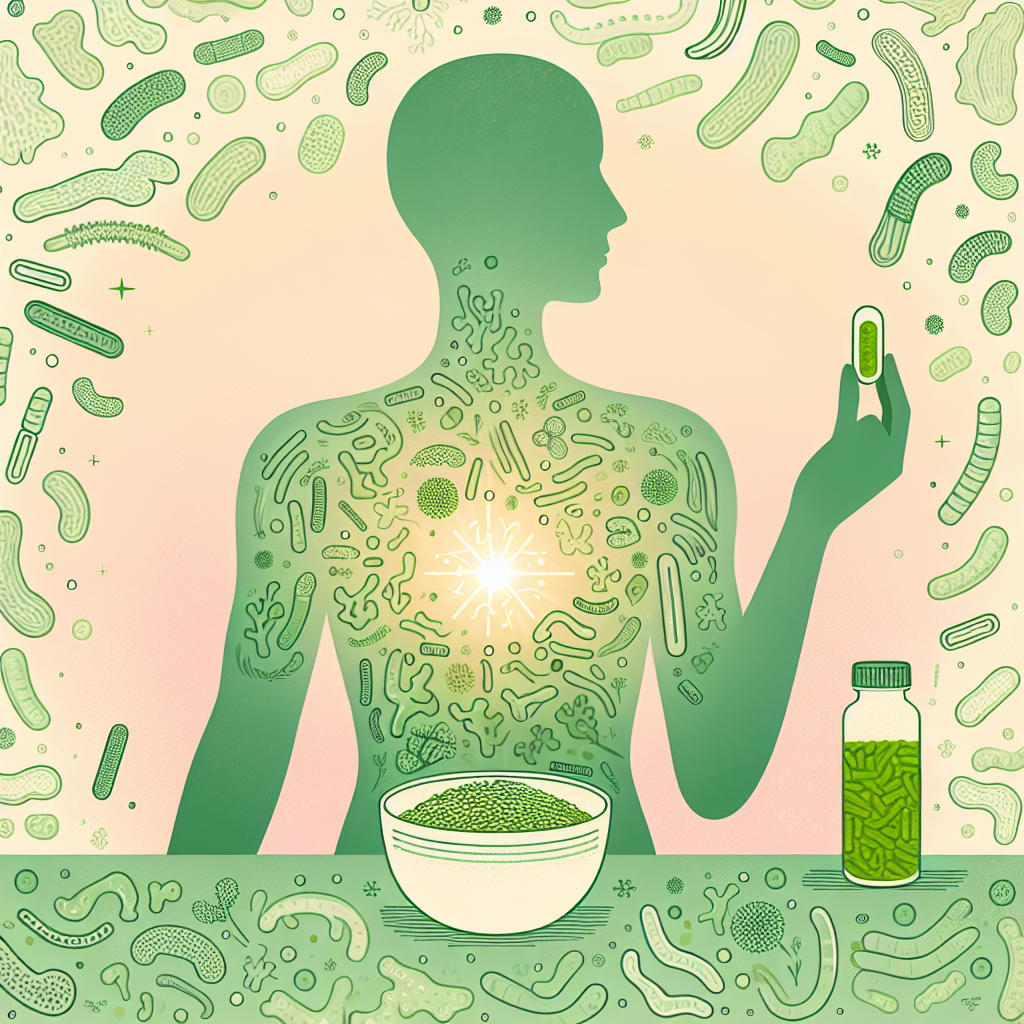### The Crucial Role of Probiotics for Optimal Health
The captivating world of probiotics has been capturing mainstream interest for several years now, and rightfully so. These beneficial games of bacteria have revealed themselves to be crucial players in aspects of our health, ranging from gut health to mental wellness.
Firstly, to really understand probiotics, we need to consider an often-overlooked organ in our bodies: our gut microbiome. The gut microbiome is a complex ecosystem composed of trillions of microorganisms (including bacteria, viruses, fungi) that reside in our intestines. The key to a balanced microbiome is diversity. A diverse microbiome is closely linked to many aspects of optimal health.
## The Gut-Brain Axis
Recent studies have underlined the bidirectional communication between the gut and the brain, commonly referred to as the ‘gut-brain axis ‘**[1]**. This means that whatever affects our gut can have significant impacts on our mental state. For example, probiotics have shown to ease symptoms of depression and alleviate anxiety ‘**[2]**. Therefore, by nurturing our microbiome with a balanced diet and probiotics, we are also indirectly taking care of our mental health.
## Probiotics for Immunity
Believe it or not, about 70% of your immune cells live in your gut ‘**[3]**. This makes a strong case for increasing your intake of probiotics to boost immunity. The beneficial bacteria bolster our immune system not only by outcompeting pathogenic bacteria but also by modulating the functions of our immune cells, supporting our overall wellbeing.
## Gastrointestinal Health
Maintaining a healthy gut can alleviate many issues like bloating, constipation, and inflammation. The role of probiotics in preventing and even treating certain gastrointestinal illnesses like irritable bowel syndrome (IBS) has been established ‘**[4]**.
## Where to Get Probiotics?
While there are many supplements available, probiotics can also be obtained from fermented food items. Yogurt, sauerkraut, tempeh, kefir, kombucha, and certain types of cheese are excellent sources of probiotics.
Additionally, to support these friendly bacteria, we also need to consume prebiotics, which act as food for the probiotics. These are nothing but dietary fiber that we get from foods like onions, garlic, bananas, asparagus, and whole grains.
In conclusion, while probiotics have stood up to the hype surrounding them, more research is needed to identify the specific strains beneficial for particular health issues. Until then, it’s a great idea to include probiotic foods into your diet and foster a healthy gut!
Remember – a happy gut means a happy you!
**References**
1. Carabotti, M., Scirocco, A., Maselli, M. A., & Severi, C. (2015). The gut-brain axis: interactions between enteric microbiota, central and enteric nervous systems. Annals of gastroenterology, 28(2), 203–209.
2. Wallace, C. J. K., & Milev, R. (2017). The effects of probiotics on depressive symptoms in humans: a systematic review. Annals of general psychiatry, 16, 14. https://doi.org/10.1186/s12991-017-0138-2
3. Vighi, G., Marcucci, F., Sensi, L., Di Cara, G., & Frati, F. (2008). Allergy and the gastrointestinal system. Clinical and experimental immunology, 153 Suppl 1(Suppl 1), 3–6. https://doi.org/10.1111/j.1365-2249.2008.03713.x
4. Didari, T., Mozaffari, S., Nikfar, S., & Abdollahi, M. (2015). Effectiveness of probiotics in irritable bowel syndrome: Updated systematic review with meta-analysis. World journal of gastroenterology, 21(10), 3072–3084. https://doi.org/10.3748/wjg.v21.i10.3072


